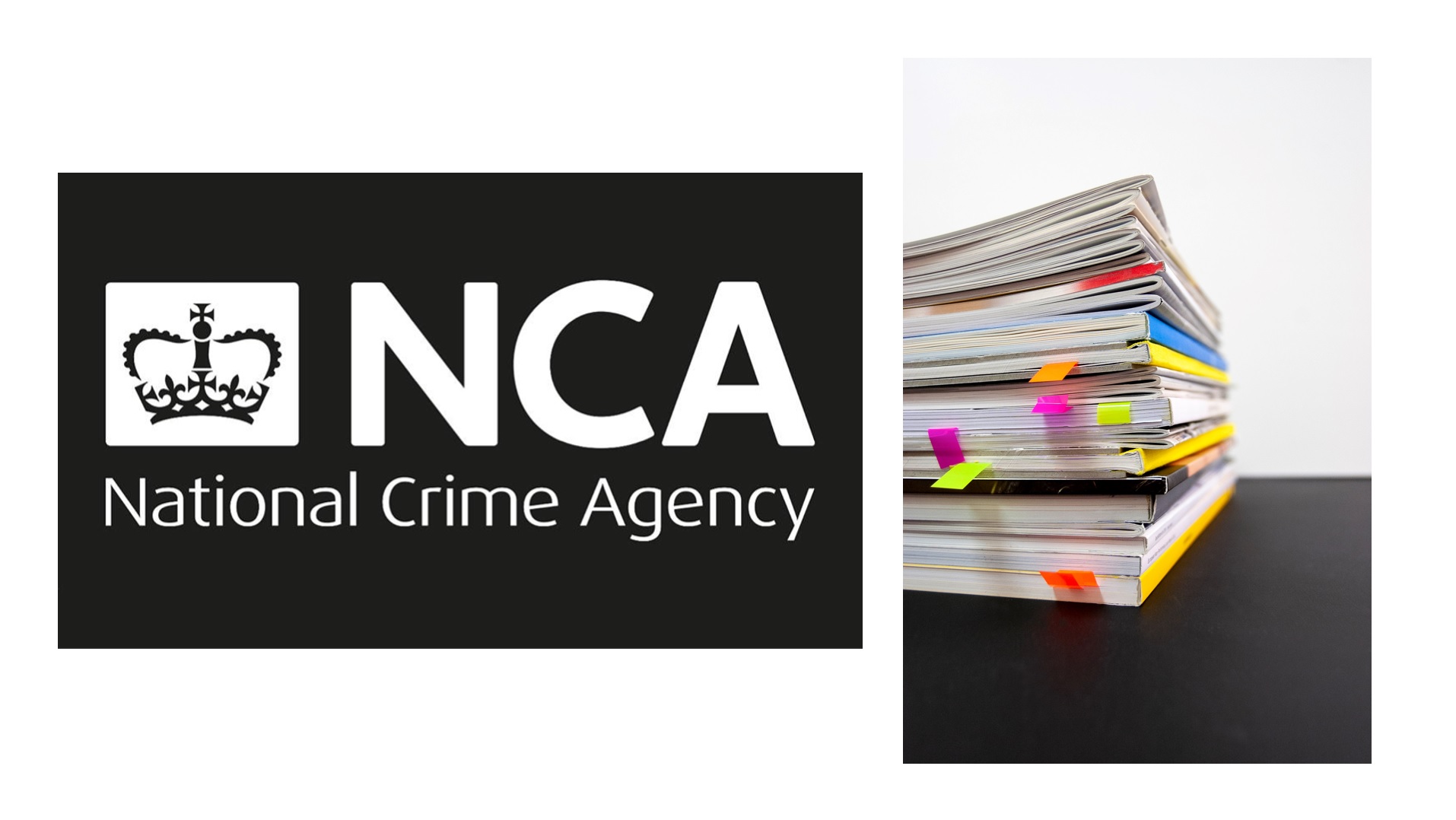YOUNG ADULTS up to the age of 30 accounted for nearly two-thirds (64%) of cases indicating money mule activity, UK figures show.
A survey from UK Finance and fraud prevention body Cifas has also revealed taht 23% – or one-in-five – of cases indicating money mule behaviour involved under-21s.
Money mules typically launder the profits of crimes and gangs target young people, who are often unaware of the consequences, which could include a criminal record.
A new campaign highlights that this can lead to someone having their account closed and finding it difficult to obtain mobile phone contracts or access financial products and credit, including student loans.
The Don’t Be Fooled campaign, a partnership between UK Finance and Cifas, has developed free PSHE (personal, social, health and economic education) resources for schools, to educate pupils about the dangers and consequences of becoming a money mule.
The programme is aimed at primary (aged 10 to 11) and secondary (aged 11 to 14) pupils. The programme includes lesson plans and assembly presentations, alongside posters, flyers and other material for schools to use.
Ben Donaldson, managing director, economic crime, UK Finance, said: “Our Don’t Be Fooled campaign helps schools to teach children about the dangers posed by this type of criminal activity, and how to keep their bank accounts safe in the future.
“Parents and guardians have an important role to play, too. Don’t Be Fooled has advice on how to help their kids stay safe, including never giving your bank details to anyone unless you really know and trust them.”
Cifas chief executive Mike Haley said: “Being asked to transfer funds from your bank account might sound harmless, but this is money laundering and therefore illegal.
“This can have serious consequences for those involved, especially youngsters who could find their bank account closed and have difficulty accessing credit or loans. It could even impact their future education and job opportunities.
“Young people need to think carefully before allowing their accounts to be used to transfer money, and ask themselves whether it is really worth jeopardising their future opportunities and career just to earn some easy cash?”
Indications someone might be involved in money muling could be them suddenly having extra cash, buying expensive new clothes, or having top-of-the-range mobile phones and gadgets with very little explanation as to how they got the money. They may also become more secretive, withdrawn or appear stressed.
Parents or guardians are urged to make sure their child does not give their bank account details to anyone unless they know and trust them.








